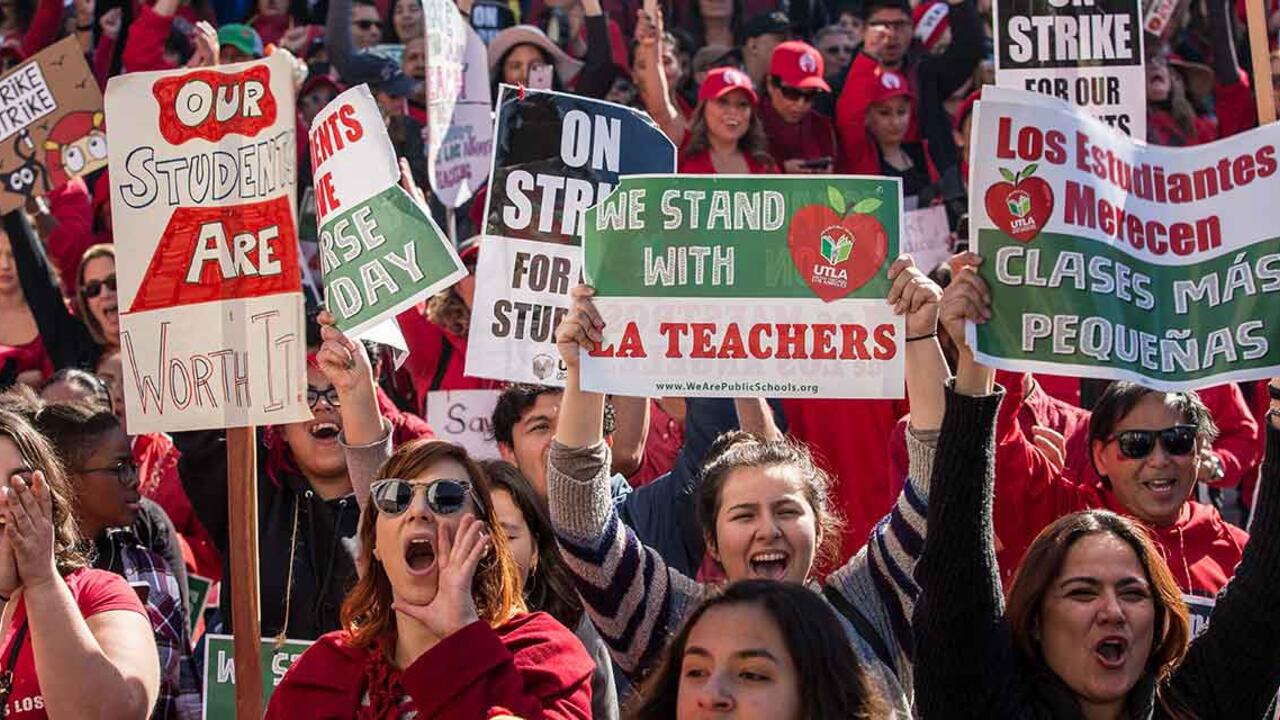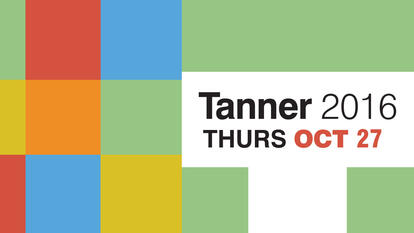Trends to Watch in the Next Decade, Part 1: Money, Equality, and Education

In a two-part celebration of the new decade, we asked faculty members from across Wellesley to share insights about what trends we can expect to see in their fields over the next 10 years. Here’s how some of them responded:
Gender equality and economics
Olga Shurchkov, associate professor of economics and director of the Knapp Social Science Center
-
I believe that the goal of 2030, set by the UN General Assembly, is unrealistic for making progress on gender equality and empowerment of women worldwide. Once we unpack the gender gap, we notice that the large average differences in pay really stem from the gender differences in opportunities and choices. Women work in lower-paid industries, such as caregiving and social work. Even when women and men enter the same industry, starting out on equal footing, the representation of women in that industry universally decreases with seniority. Still, having a deadline in mind is a good thing, because it sheds light on the issue and the urgency with which it should be addressed.
-
The Equal Rights Amendment is important as an affirmation that there should be a guarantee that rights protected by the Constitution are accorded to all citizens irrespective of sex. There are many reasons to ratify it: curbing violence against women, assuring LGBTQIA equal rights, and solidifying Title IX protections, just to name a few. On January 15, Virginia became the 38th state to ratify the amendment, enough technically to amend the Constitution, but there are still uncertainties. While this may happen in this year, I am skeptical that the adoption of the ERA would ultimately make a big difference in terms of closing gender pay gaps in general over the next decade.
Kristin Butcher, Marshall I. Goldman Professor of Economics
-
There are two issues in the economics profession that I think will become more important in the coming decade. The first is the issue of diversity in the profession. Currently, fewer than 35 percent of new PhDs in economics are women and even fewer are people of color. I am hopeful because there are calls from many quarters to change this, not only for reasons of fairness, but also because there is greater understanding that representation shapes what questions get asked. With more diversity, one gets better, more interesting, more useful economics research. Wellesley’s excellent track record of sending women on to prestigious PhD programs is an enormous source of pride and satisfaction to the faculty, and I foresee that footprint in the profession growing.
-
The second issue is how we communicate the power of economic ideas. I think there is growing understanding that although mathematical and statistical modeling are crucial in economics research, we need compelling narratives about people's lives in order for ideas to take hold. Professor Robert Shiller of Yale University (a Nobel Prize-winner in economics and longtime collaborator and friend of Wellesley’s Chip Case) discusses the power of stories in economics in his new book, Narrative Economics. I think this idea calls for economists who are broadly educated in the liberal arts—who understand both how to craft a story and how to understand someone else’s story—and I think that’s a call that Wellesley is well-positioned to answer in the years to come.
Education and teacher activism
Soo Hong, Whitehead Associate Professor of Critical Thought and associate professor of education
-
In the decade ahead, I anticipate that the grassroots #REDforED movement will continue to build momentum, demanding dignity in our public schools through increased equity and access for all students. Education has always been a central issue of public activism and civic engagement. Teachers, young people, and their families have historically viewed schools as a battleground for equal rights and social/racial justice. Recently, we have seen a rise in teacher activism—teachers in states such as Arizona, California, Illinois, Kentucky, Maine, Oklahoma, and now in Florida are rallying together outside state capitals and city halls to demand support for schools. The public perception is often that teachers strike for their own pay and benefits, but in these cases, they are fighting for guidance counselors and nurses to understand their students holistically, for vanishing arts programs that inspire creativity, against the stresses of high-stakes testing, and to take down a school privatization movement that has seized control of public education. In 2018, we saw unprecedented numbers of educators run for public office—states with teacher unrest generated high numbers of teachers running for public office, the majority of whom were women. These candidates, even when part of legislative victories, are fueled by a dissatisfaction with the statehouse as out of touch with the reality of schools.
-
Throughout countless waves of educational reforms, the voices of teachers have been at the margins, and policymaking has been dominated by outside experts without a practical understanding of the complexity of students and families and their lives in and out of the classroom. Over the next decade, I would like to see those of us in higher education take on the responsibility of educating aspiring teachers in ways that allow them to see that their voice matters, understand the historical and political context within which they teach, and view their role as teachers as part of an educational justice movement.
Photo: Thousands of striking teachers and their supporters in downtown Los Angeles in January 2019.



